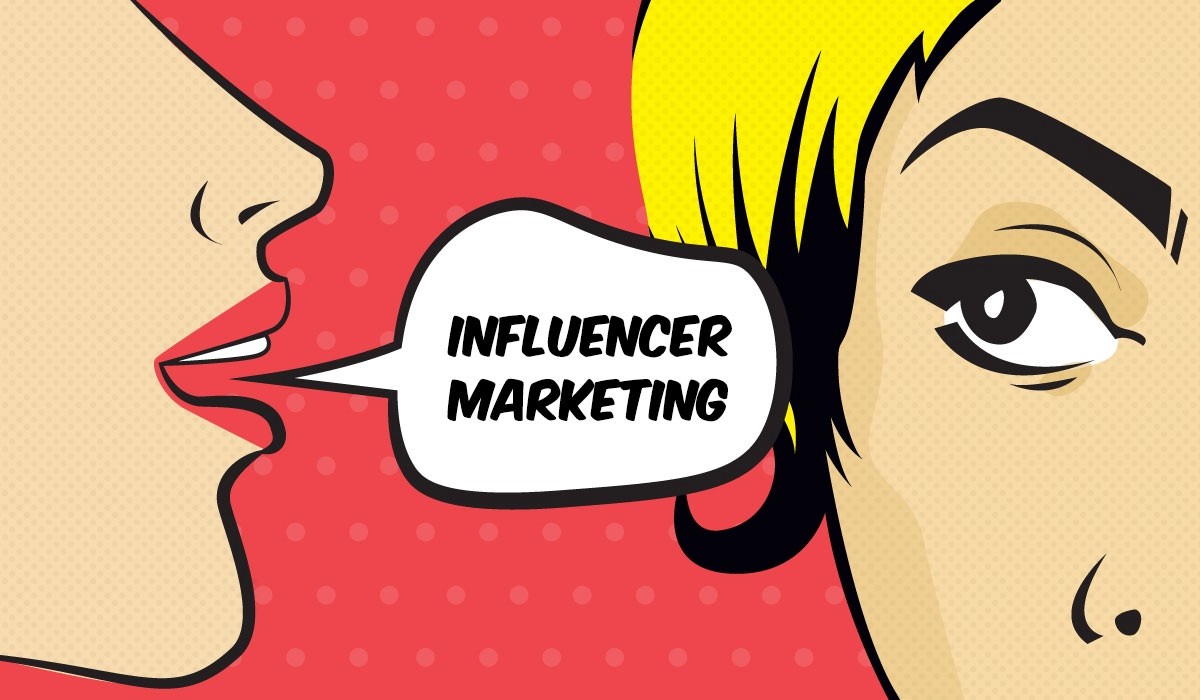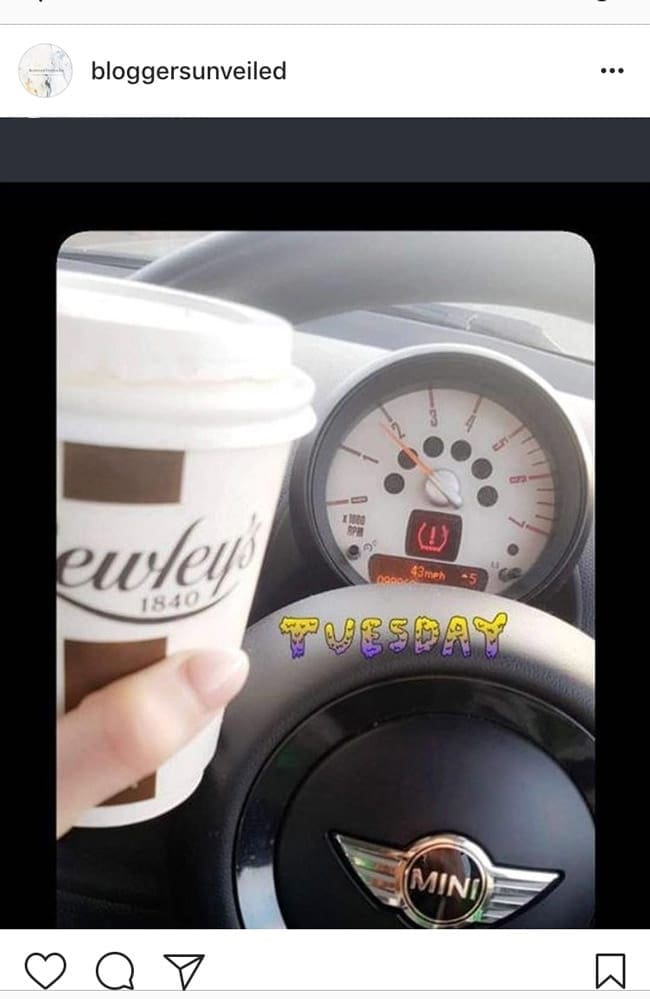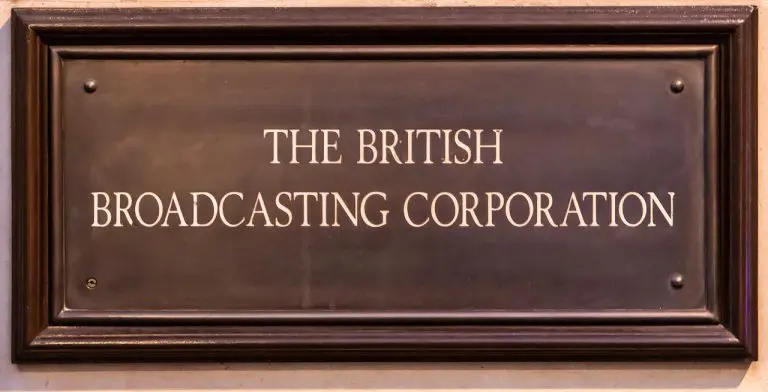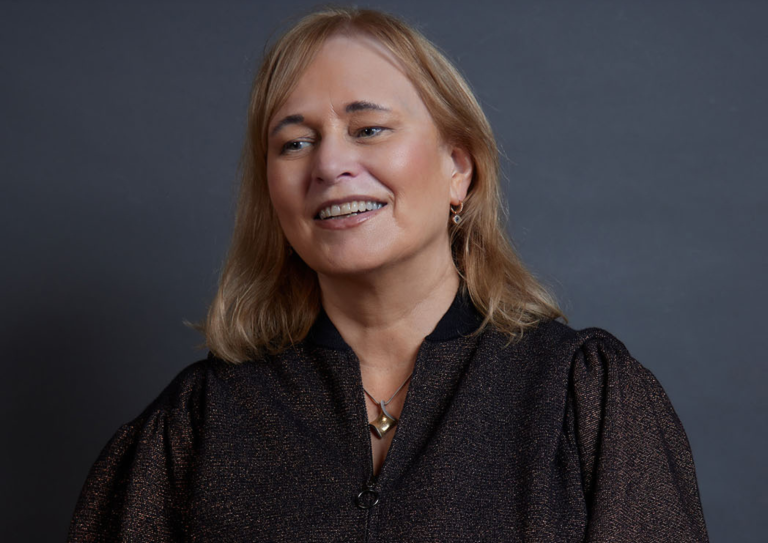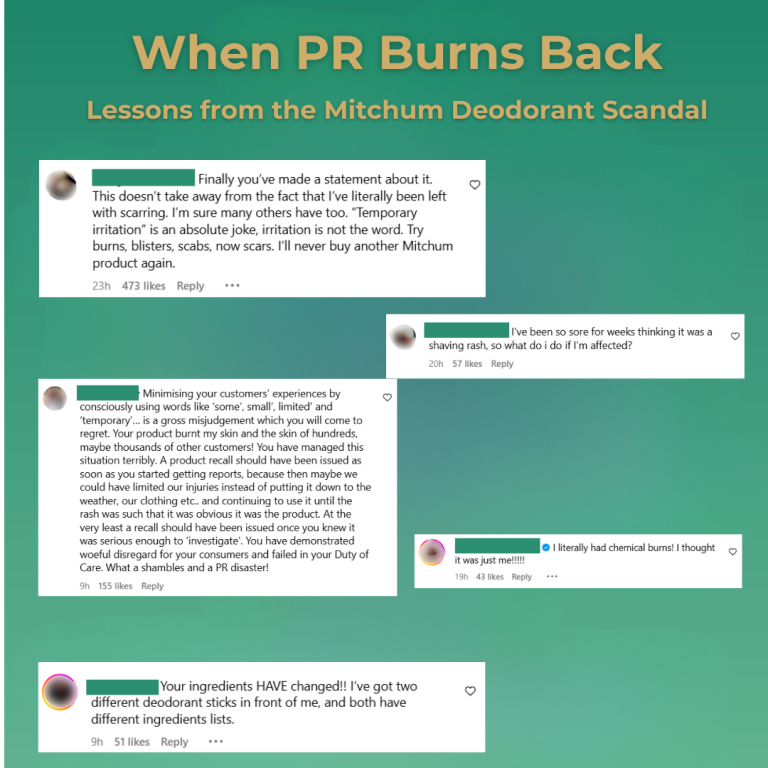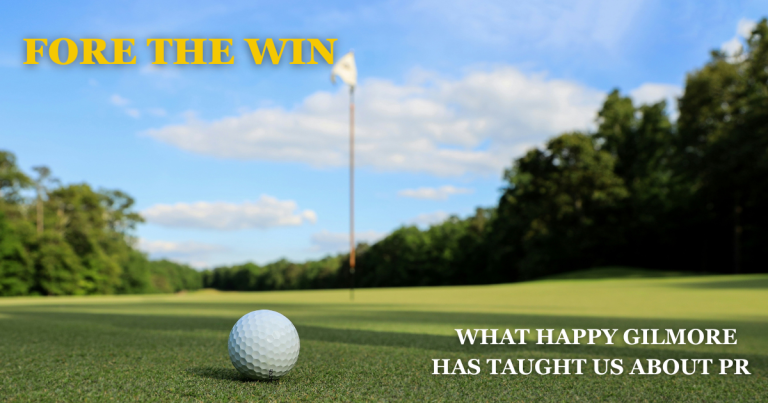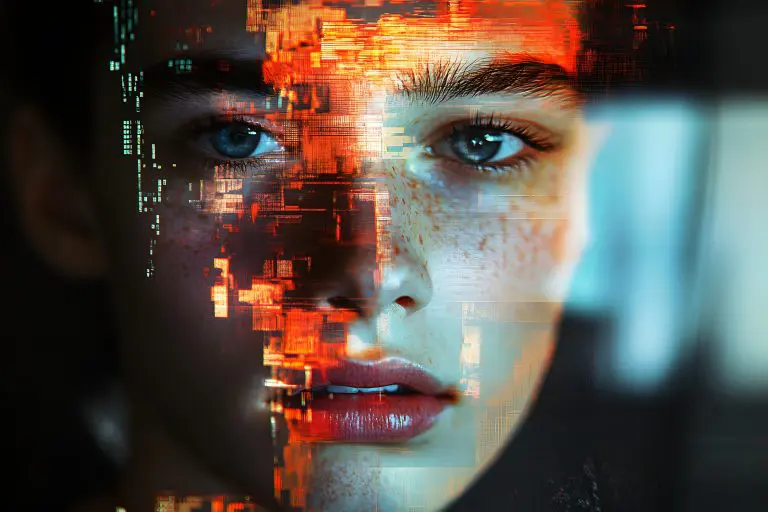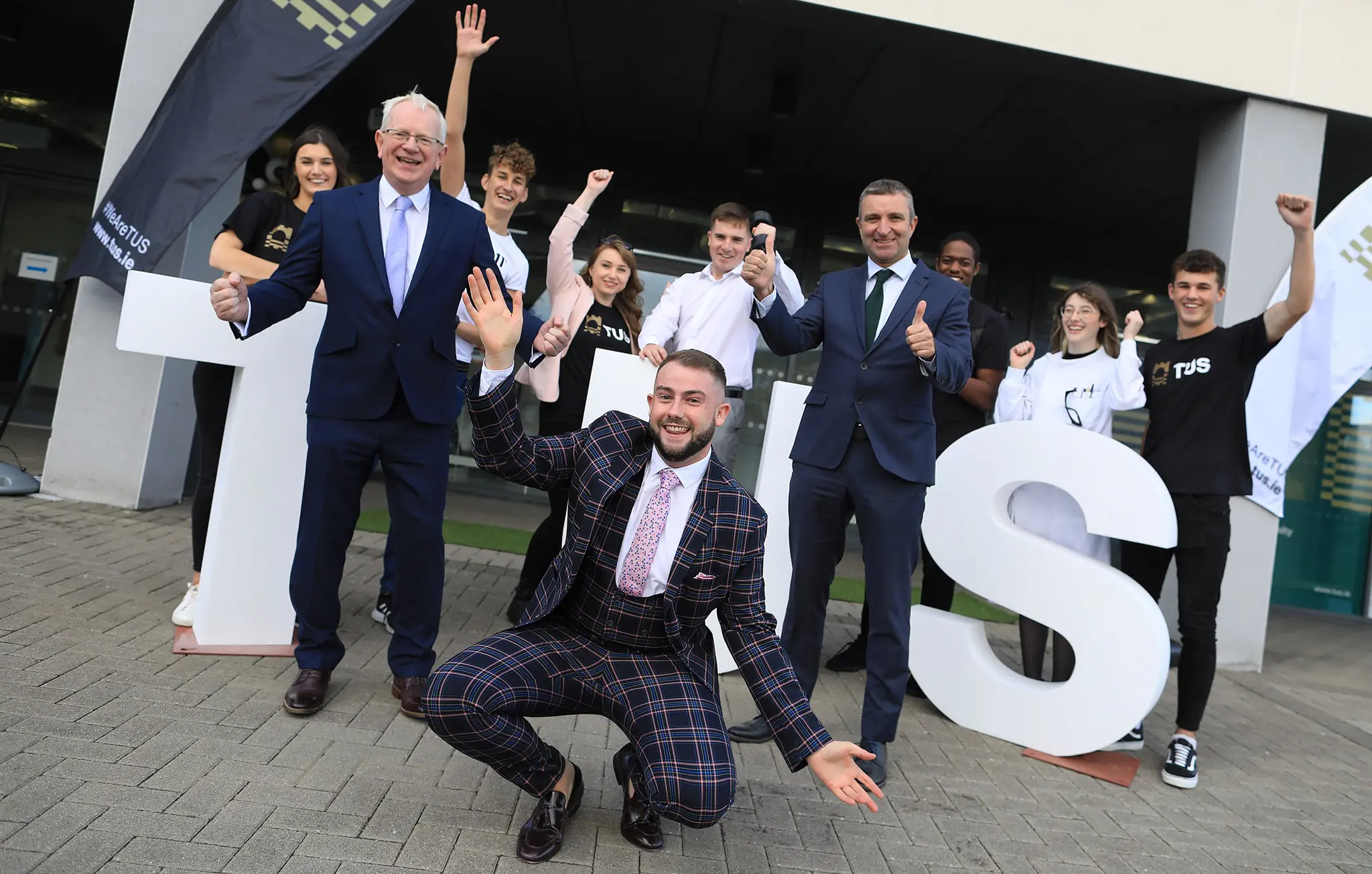We’ve always loved seeing what celebrities get up to and in this digital age we can see every aspect of their lives through Snapchat and Instagram.
These days “regular” people can become celebrities by building up huge followings on social media channels and having a niche area that they specialise in from beauty to travel and most vague of all “lifestyle”.
We watch their stories every day and most importantly of all we believe everything they say. They influence us!
A certain brand of soft drink is declared the best – It’s sold out straight away.
This nightclub is where all the celebs go – Good luck trying to get in for the next month!
Companies are always told that user generated content is the best type of promotion as it is deemed to be genuine and an authentic view declared by impartial people.
People are cynical now so they don’t necessarily believe advertisements and especially not what the companies tell them directly.
There’s nothing better than the perfect girl next door “type” recommending your product and even better if she’s doing it off her own back!
Brands quickly realised this, which has led to the deliberate romancing of social media influencers, which has been a very effective tactic for the brands that know how to play the game.
However now everybody wants in.
Everyone wants access to that social media influencer that can help boost their products, services or message but in the “rush” very few are doing their due diligence on the influencers they are targeting.
Inevitably this has resulted in anonymous social media accounts like @bullshitcallerouter and @bloggersunveiled who are determined to call out these not so genuine accounts.
So far, these accounts have revealed the influencers that buy followers, don’t use the #ad code and more seriously the ones that are flouting the road safety rules but were part of a road safety campaign.
The people that follow those influencers are obviously disappointed with their behaviour but it all comes back to the companies who have chosen them.
By not doing the research on the influencers that they have chosen to work with, have they inadvertently harmed their brands?
A recent example comes from the Road Safety Authority (RSA).
The @bloggersunveiled account has been sharing images from the last couple of weeks of influencers that have worked with the RSA on their campaign last year but are not following the basic rules of the road as demonstrated clearly by images they shared on social media.
Over the weekend the RSA announced that two of the influencers they worked with last year on their “Killer Look” campaign will return their fees.
They have dealt with this well by stepping out in front of this and are working on protecting their brand and the message they are trying to send to the public.
The sentence from their statement that stood out to me the most was this:
“There’ll be a lot more rigour around and due diligence done around influencers if they are being used in future,” the spokesperson said. “This medium is maturing.”
Is it time for us all to be more diligent in who we choose to represent our brands?
Should companies have guidelines and codes of conduct for campaigns with influencers going forward?
It’s definitely time for us to be more aware and alert about those we choose to follow.
With the growth of fake news, fake followers and now, insincere influencers do we need to take everything with a pinch of salt?
Alma Brosnan is part of the Social Media Consultancy team at Fuzion Communications who have offices in Dublin and Cork, Ireland
Check out the full article by Journal.ie on the topic


